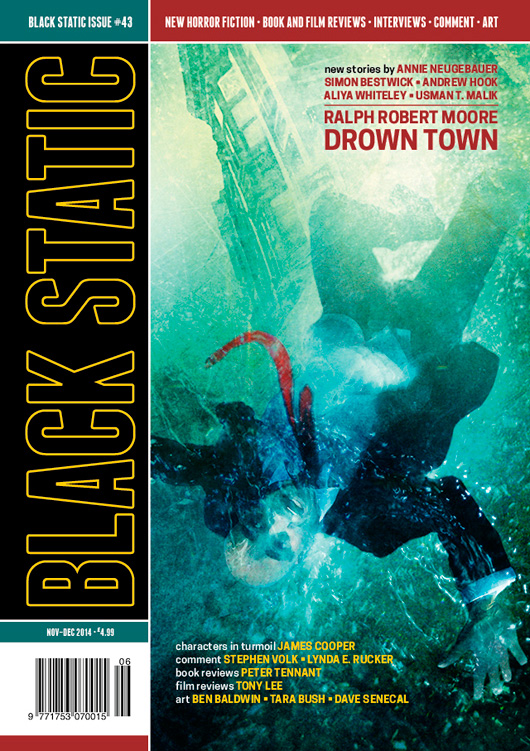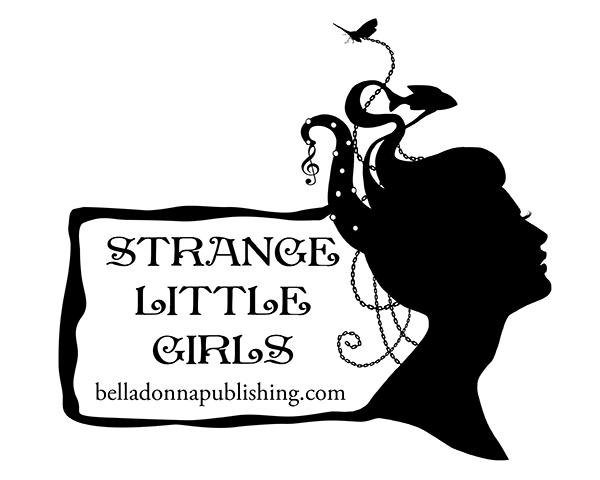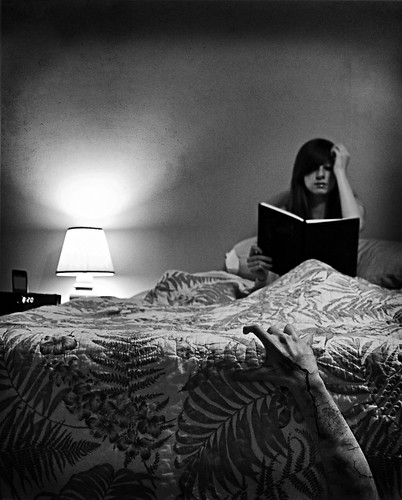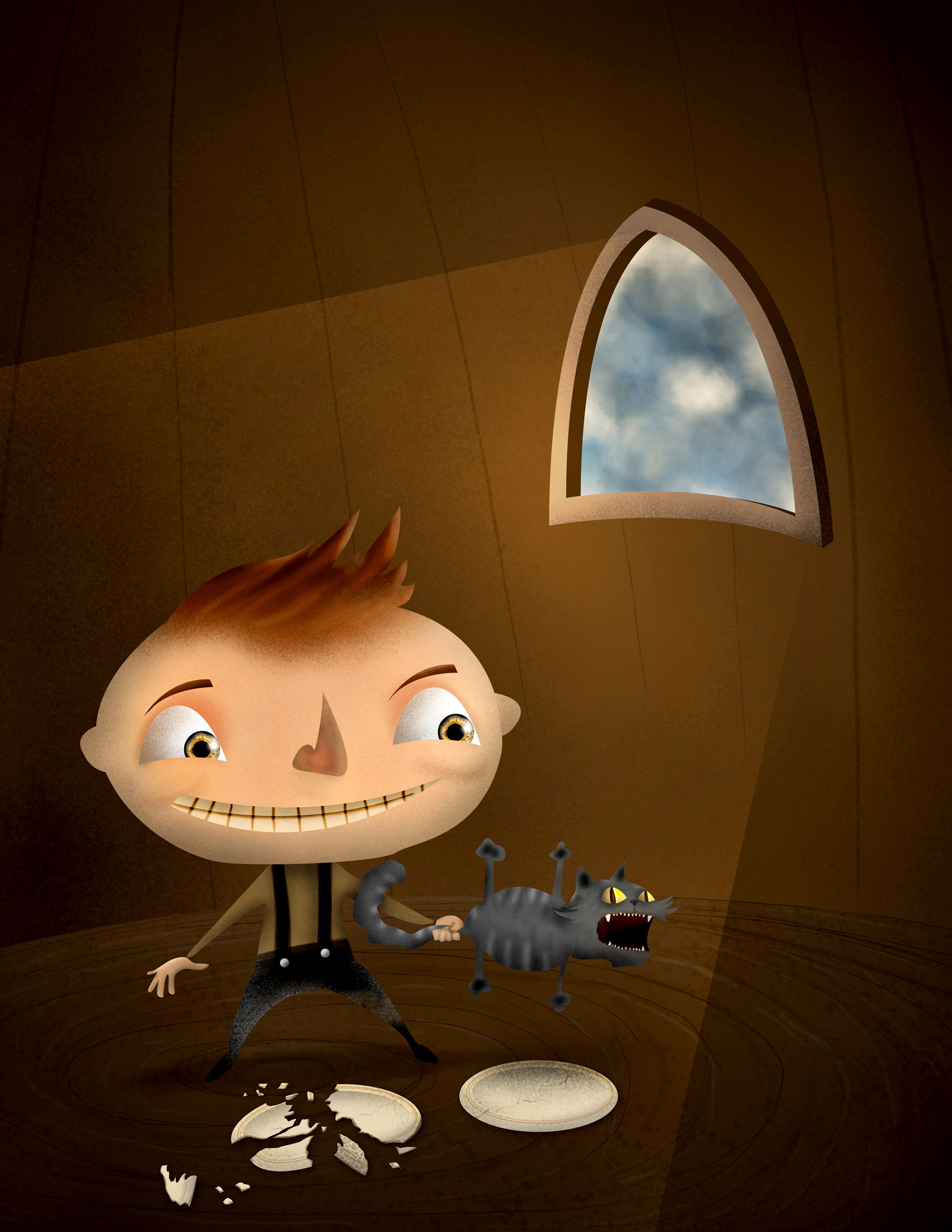October has grown ripe. We’re less than two weeks away from Halloween! I always like to do a collection of my favorite blog posts from October, but I’m doing it a bit early this year so you have time to browse before actual Halloween. Because really, what better way to get into the spirit than reading about others who are doing the same? Enjoy!
Treats from Me
The intro to my giveaway, my hashtag game, and a link to my horror selfie: “It’s the Most Wonderful Time of the Year.” It’s not too late to enter! Comment on any/all posts this month (including this links roundup) up through the 30th. The winners will be announced on Halloween.
“3 Amazing Horror Authors and Why You Should Read Them” <– In which I give you the lowdown on why you might want to win this giveaway.
It’s the best time of year for spookin! If you haven’t already, be sure to check out my very own creepy stories and poems.
These are all available for free online:
A horror story: “Something You Don’t Want to Find,” Buzzy Mag
An eerie poem: “Dragging the Waters,” Phantom Kangaroo, Issue no. 7
A short poem: “Marionette”
A scary sonnet: “Scarcely Caged”
Atmospheric free verse: “Shades of Blue,” Hello Horror, June 2013
Gleeful macabre: “Still, It Pulls me,” New Myths, June 2014
Rhyme for kiddos: “The Centipede,” Underneath the Juniper Tree, September 201
Free verse with bite: “The Lurking,” L.M. Stull’s blog
A wee poem for wee ones: “The Skeleton,” Spaceports & Spidersilk, September 2011
A haunting poem: “To Walk Again”
Coming soon: “Jack and the Bad Man” audio from Pseudopod!
Tricks and Thrills from Other Bloggers
A good reminder, especially for those with a prejudice against the horror genre. “Writing Horror Without the Blood” by Max Booth III at LitReactor. Sample: “Fear can be a beautiful drug if you take the right amount.”
Think you know what Halloween enthusiasm looks like? Think again. Take notes from a true aficionado with “5 Tips for a Proper Haunting” and “5 *More* Tips for a Proper Haunting” by Carie Juettner.
Also from Carie, “No Tricks, Just Treats.”
“Origins of Superstitions” by Kathryn Knight is a fun one.
Have little ones who want in on the fun? “My 10 Favorite Horror Books for Kids” by Carie Juettner.
This post by A.B. Davis makes me so happy! “Why I Love Fall” Who doesn’t!?
Stand-Outs from HWA’s Halloween Haunts
Definitely read this beautifully written post by James Chambers: “Sweets in the Darkness.” This really captures my nostalgic impressions of Halloween.
A pretty interesting look at similar holiday traditions around the world, from the perspective of someone who grew up in Britain: “From Soul Cakes to Bones of the Holy–Halloween European Style” by Catherine Cavendish.
A short and sweet interview with “Bram Stoker nominated poet Stephanie Wytovich.” And definitely read the beautiful Sylvia Plath poem in this post: “The Moon And The Yew Tree.”
I enjoyed this nostalgic post that viewed Halloween through the lens of different life phases: “Halloween Changes Through The (My) Ages” by JG Faherty.
Here’s an interesting take on the significance of Halloween in modern culture: “Why Halloween Is the Best Holiday” by Tony Peak. Snippet: “It, like the stock monsters associated with it, will not die.”
This is a truly thoughtful post about death and horror. Sample: “Because death is the ultimate compass for how to live your life. Think about it long enough and you realize what’s important. It’s only by looking hard into the darkness that we see, and appreciate, the light.” “The Darkness” by J. Lincoln Fenn.
Andrew Cooper shares the coolest Halloween tradition I’ve ever heard of in “Heady Ritual.” Seriously, I might steal this.
Poetry and Fiction (Free)
“The Last Night of October” (poem) by Marge Simon at Halloween Haunts
“The Highwayman” (flash fiction) by David B. Riley at Halloween Haunts
“Night of the Hunter” (short story) by Brian W. Taylor at Pen & Muse
“Harvest Moon” (poem) and a haiku, both in “Pumpkins and Poetry” by Carie Juettner
Horror Selfie Highlights
I adore these lovable weirdos. So of course I joined them. Click here to see yours truly!
The king himself. Stephen King
My CP Alex Langley
Jonathan Maberry I adore this guy!
My buddy A.B. Davis
Peter Straub
My buddy Carie Juettner
Ramsey Campbell
HWA President Rocky Wood
Joe McKinney
One of my favorite editors Ellen Datlow
Fellow horror poet Bryan Thao Worra
Douglas Draa (Nooo! Not the little one!)
Mike Jones
Usman T Malik (or borrow mine)
Loren Rhoads
Matt R Lohr Mwa-ha-ha!
Tony Sarrecchia
Rena Mason It’s true.
Patrick Freivald
Brian Pinkerton Word.
Martin Livings
Robert L. Fleck I do enjoy hugs.
~*~
All the links I found have officially been rounded! If you think I missed something great, feel free to share it below (Halloween/horror/autumn themes, please). Have fun browsing, and don’t forget to comment to be entered to win one of my favorite scary books!









